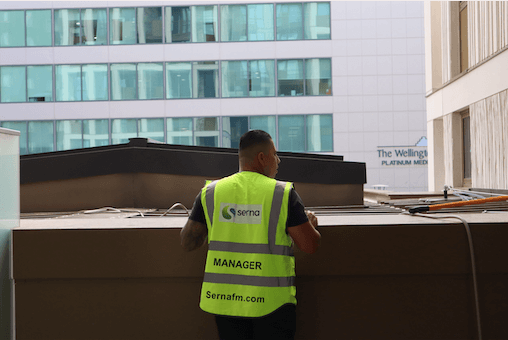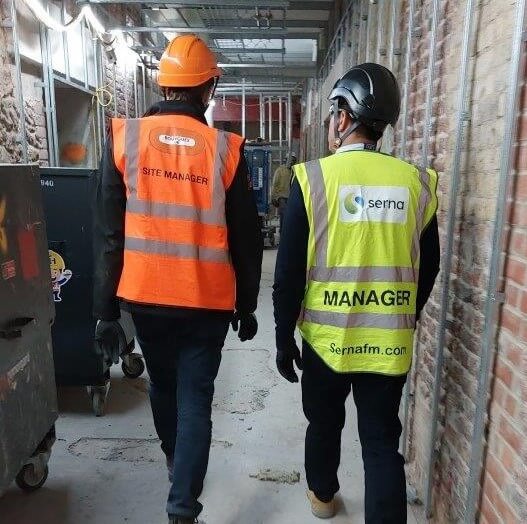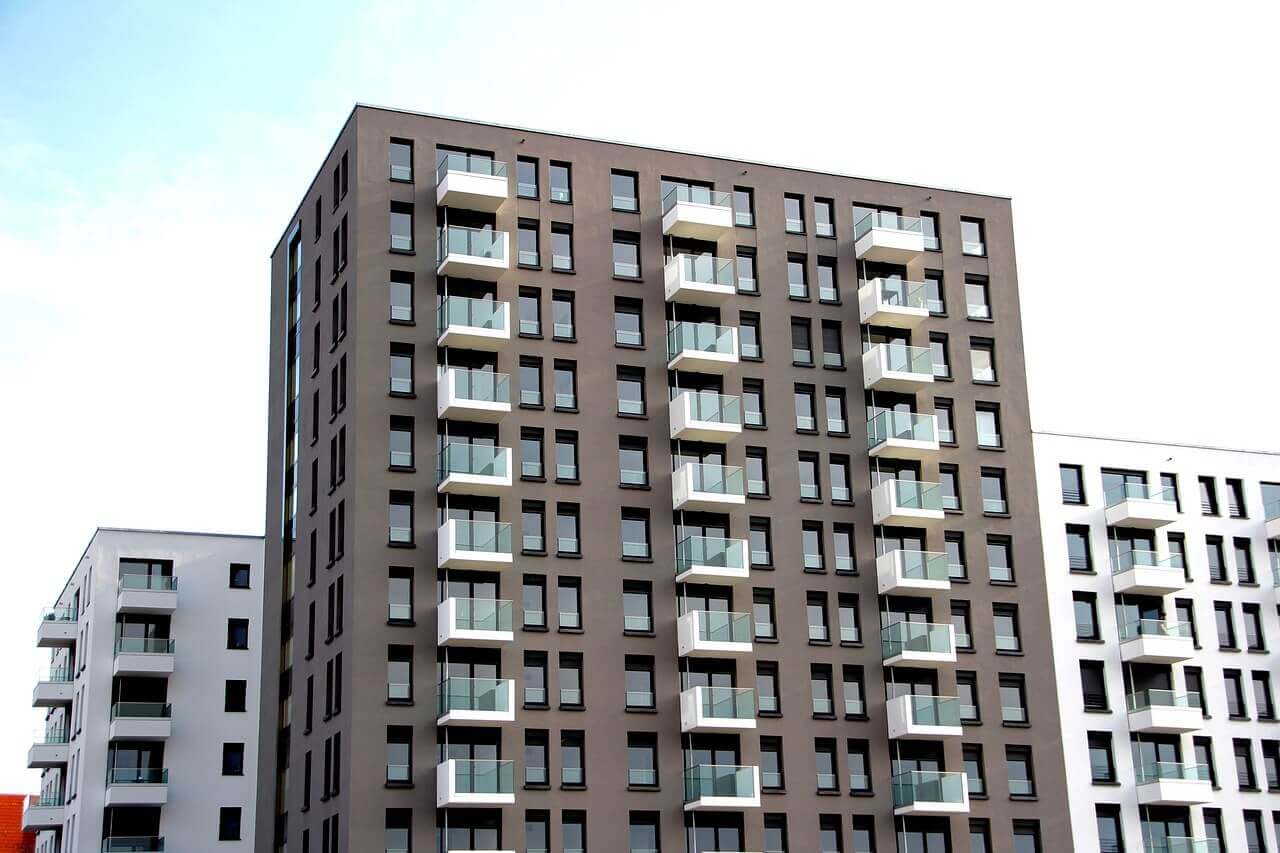In the realms of business operations, the terms “facility management” and “property management” are frequently interchanged. However, despite their apparent similarities, they refer to distinct fields with specific roles, responsibilities and objectives.
For businesses and property owners aiming to optimise operations and maintain asset value, understanding the differences between facility management and property management is essential. This article explores the key distinctions between these two disciplines and how they contribute to the effective operation of buildings and properties.
Core Focus & Objectives
The core focus of facility management and property management differs significantly, influencing their respective roles and responsibilities.
Facility management is primarily concerned with the efficient and effective operation of the physical space and the services that support the people within it. This involves managing the day-to-day operations of a facility, including maintenance, security, cleaning and other services that ensure the building remains safe, comfortable, and functional for its occupants.
The main objective of facility management is to optimise building performance and its systems, ensuring the environment meets the needs of the business or organisation occupying it. Facility managers focus on maintaining infrastructure, improving energy efficiency, managing space and ensuring compliance with health and safety regulations.
Conversely, property management is more focused on the financial and administrative aspects of managing real estate assets. Property managers are responsible for the overall management of a property, which includes leasing, rent collection, tenant relations and maintaining the property’s profitability.
The primary objective of property management is to maximise return on investment (ROI) for property owners by maintaining high occupancy rates, collecting rents on time, managing expenses and preserving or enhancing the property’s value over time. Property managers also handle tenant complaints, lease negotiations and legal compliance related to property ownership and tenancy.

Scope Of Responsibilities
The scope of responsibilities for facility managers and property managers varies, reflecting their different focuses.
Facility managers oversee a wide range of functions related to the operation and maintenance of a building. This includes ensuring that the building’s systems, such as HVAC, plumbing, and electrical systems, are functioning correctly and that necessary repairs are carried out promptly. They also optimise the use of space within the facility, planning layouts, managing office space, and ensuring the space meets the needs of the occupants.
Another critical responsibility is ensuring that the facility complies with health and safety regulations, including fire safety, emergency preparedness and occupational health. Additionally, facility managers are tasked with implementing energy-saving measures, monitoring energy usage and managing sustainability initiatives to reduce the facility’s environmental impact. They also oversee the security of the building, manage access control systems and ensure the facility is clean and well-maintained.
In contrast, property managers focus on financial and administrative aspects of property ownership. Their responsibilities include handling tenant relations, responding to tenant inquiries, resolving disputes and ensuring tenant satisfaction. They also manage leasing and marketing activities, ensuring that vacant units are marketed effectively, lease agreements are negotiated, and the property remains fully occupied with reliable tenants.
Property managers are responsible for collecting rent payments, managing late payments and enforcing lease terms. Financial management is a key responsibility, which includes managing the property’s budget, overseeing expenses and ensuring the property remains profitable. This also involves managing operating costs, paying property taxes and handling insurance. While property managers are not directly responsible for maintenance, they coordinate with facility managers or maintenance teams to ensure the property is well-maintained and repairs are made when necessary.
Strategic Vs. Operational Focus
Facility management and property management also differ in their strategic and operational focus.
Facility management is primarily operational, focusing on the day-to-day management of the building and its systems. Facility managers ensure that the building operates efficiently, that maintenance is carried out proactively, and that the environment meets the needs of its occupants.
They often collaborate with other departments within an organisation, such as IT, HR and finance, to align the facility’s operations with the overall goals of the business. Facility managers may also be involved in strategic planning related to space utilisation, energy management, and sustainability initiatives.
On the other hand, property management has a more strategic focus, particularly concerning financial management. Property managers are responsible for ensuring that the property remains a profitable investment for the owner. This involves making strategic decisions about leasing, tenant selection, rent pricing and property improvements.
Property managers must have a deep understanding of the real estate market, as well as the legal and regulatory environment that affects property ownership and tenancy. They must also be adept at financial management, as they are responsible for managing budgets, expenses and revenues.
Collaboration & Overlap
While facility management and property management are distinct disciplines, they often overlap and require close collaboration. For instance, property managers may rely on facility managers to ensure the property is well-maintained, while facility managers may work with property managers to ensure that maintenance and repairs align with the owner’s financial goals.
In many cases, especially in large organisations or complex properties, both roles are essential for successful building management. Facility managers ensure that the building operates efficiently and meets the needs of its occupants, while property managers focus on maximising the financial performance of the property.

The Bottom Line
Understanding the difference between facility management and property management is crucial for property owners, businesses and tenants alike. Both disciplines play vital roles in the successful management of real estate, but they focus on different aspects of property management.
Facility management is concerned with the operational efficiency of the building, ensuring it is safe, functional and comfortable for its occupants. In contrast, property management focuses on the financial and administrative aspects of property ownership, with the goal of maximising ROI for the owner.
By recognising the unique contributions of each discipline, property owners and businesses can better manage their real estate assets, ensuring both operational efficiency and financial success. Whether through collaboration between facility and property managers or by understanding the distinct roles they play, effective management of properties and facilities is key to achieving long term success in the real estate market.

